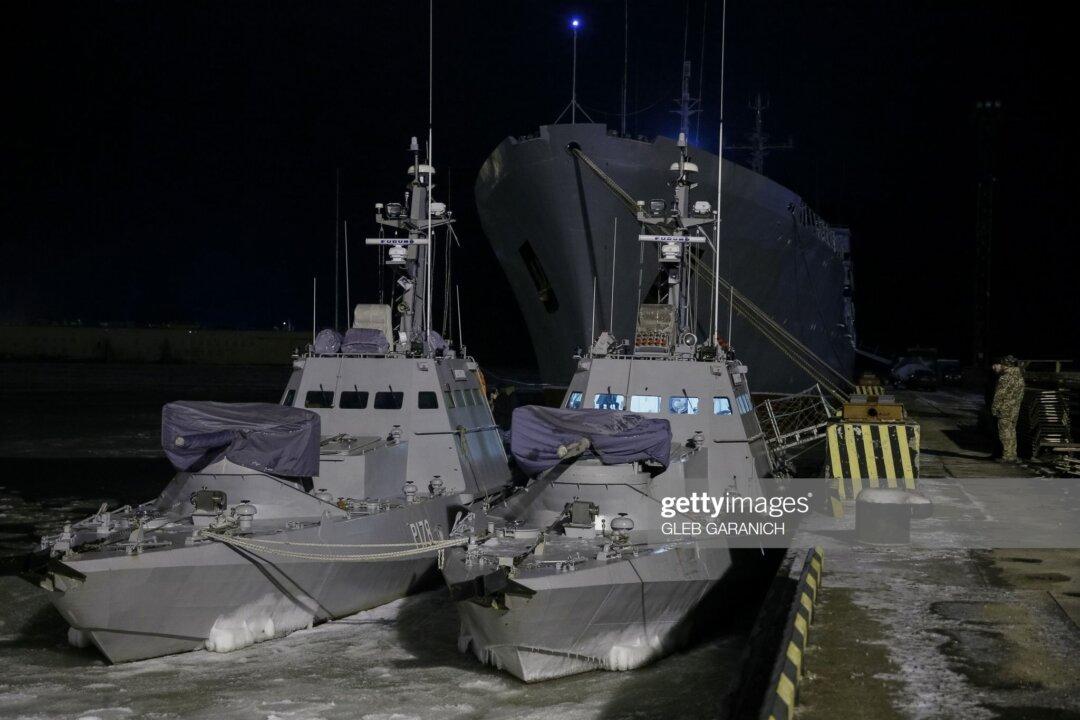Everyone is in favor of trade—so long as it obviously benefits them. In the era of mercantilism economics, based on piling up gold and silver in national treasuries, “trade” was simply the process of colonial soldiers and sailors searching for precious minerals and spices and extracting them from natives by force and violence.
Or trade was obviously exploitative. In colonial America, whiskey/rum produced from sugar in the West Indies was traded for slaves from Africa.
Or in their search for a trade product with China to pay for tea which England had de facto made its national drink, the English battened upon opium, which was easily available in India. Opium was much cheaper than paying in species silver and created an open-ended market of addicts in China. When the Chinese demurred that opium was damaging their people, the British forced its continued acceptance through two “Opium Wars,” forever damaging their relations with China.





